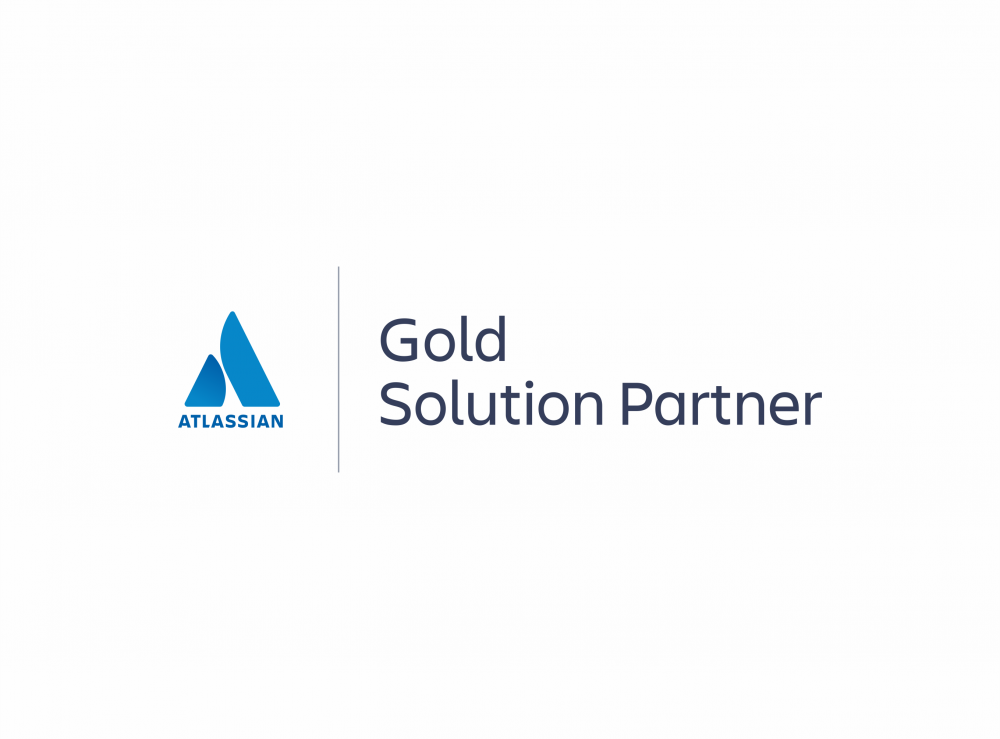Why Generalists Will Rule the World (Even with AI)
November 30, 2022 marked a turning point. The release of OpenAI’s ChatGPT started a new era of AI-powered productivity, but also brought widespread uncertainty into the work environment.

One of the most asked questions about AI is:
“How will AI impact jobs in the future?”
…and we all got there. All of us, at least once, asked ourselves if we might lose our job, or which skills we should focus on.
While in 2023 we began to grasp AI’s potential; in 2024 organizations actively leveraged AI to drive business value, as highlighted by a McKinsey’s study. Over the past two years, I’ve experienced firsthand the power of AI: AI has improved the way I work, by automating many time-consuming tasks.
However, as a young professional with a very long career ahead, I began reflecting on which skills I should develop in the coming years. While I’m open to career changes (no, I’m not planning on doing the exact same thing for the next 40 years 😂); it’s clear that I need to understand which skills are necessary to remain competitive.
While I was trying to find answers, I came across the interesting concept of generalists vs specialists.
Living in a specialized world
We live in a highly specialized world. Since we were kids, we’ve been conditioned to focus on a narrow field, if we want to master that field. This is the traditional approach to education, and we are all encouraged to find our passion as early as possible.
But is this the optimal path?
In David Epstein’s book ‘Range’, the author shows how people with diverse range of interests, ‘generalists’, are able to reach extraordinary results in different fields.
Generalists can connect ideas from different areas of interest, making them more innovative and able to find original solutions to more complex problems.

…and guess what? These tasks are beyond the capabilities of AI.
- AI is not able to generate new content, because it is based on existing models. Humans, on the other hand, can think abstractly, make creative associations and imagine new scenarios
- AI is trained to perform tasks based on what it has been trained for, but it’s not able to deal with new, unexpected or too-complex problems
While we can expect AI to replace repetitive tasks or jobs following certain patterns, those requiring empathy, creativity, and strategic thinking remain uniquely human. People with a broad range of knowledge and skills are best suited to tackling multifaceted challenges.
So, what’s my take on this?
🌈 Diversify your skills set: Develop a blend of technical and soft skills, to be able to better adapt to evolving environments. Cultivating empathy, creativity, communication and other skills is definitely crucial for success.
🔄 Embrace Continuous Learning: We should all develop our curiosity and continuously explore different areas of knowledge.
💻 Leverage AI: AI should not be seen as the enemy, but should be used as a complement to human tasks. Allowing AI to automate routine tasks will save time for higher-value work. Those who will succeed are those who can effectively collaborate with AI to achieve greater results.
Conclusion
I’m not saying we shouldn’t specialize in anything, but specialization alone isn’t enough to fully meet future challenges.
We need to cultivate a balance between deep expertise and broader knowledge. This involves developing ‘horizontal skills’ – transferable abilities that transcend specific fields – and encouraging specialists to think out of the box. Elon Musk, Benjamin Franklin, and Marie Curie – they all show us that you can achieve amazing things by connecting ideas from different areas.
Curiosity, adaptability and a great ability to think transversally can lead to great results in various areas.
ABOUT US
Würth Phoenix is an IT and consulting company belonging to the Würth Group, with over 20 years of international experience.
We are an Atlassian Gold Partner and our team of ITIL, Agile and Prince2 certified consultants helps enterprises in their Agile and digital transformation process.

Did you find this article interesting?
Does it match your skill set? Our customers often present us with problems that need customized solutions. In fact, we’re currently hiring for roles just like this here at Würth Phoenix.






